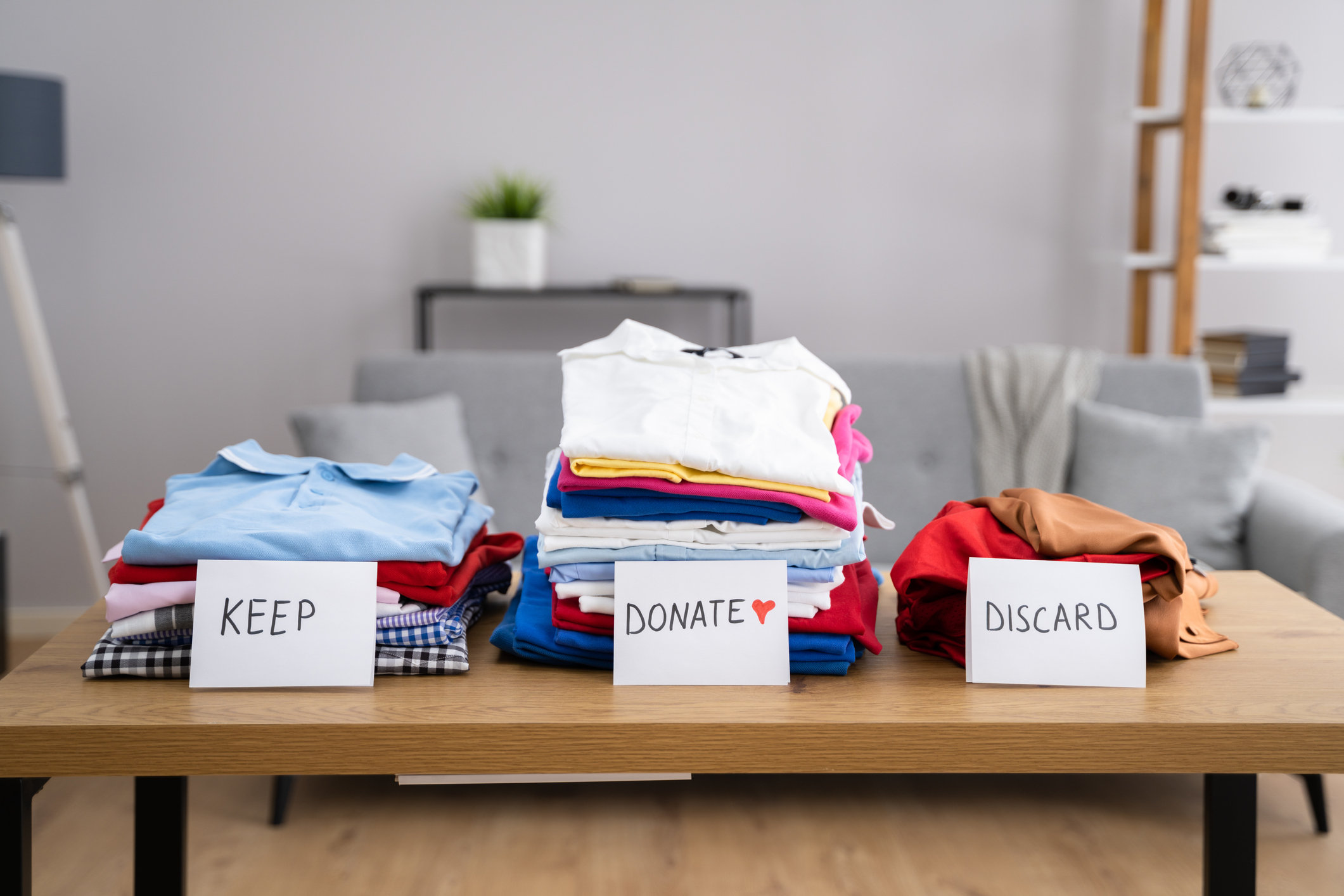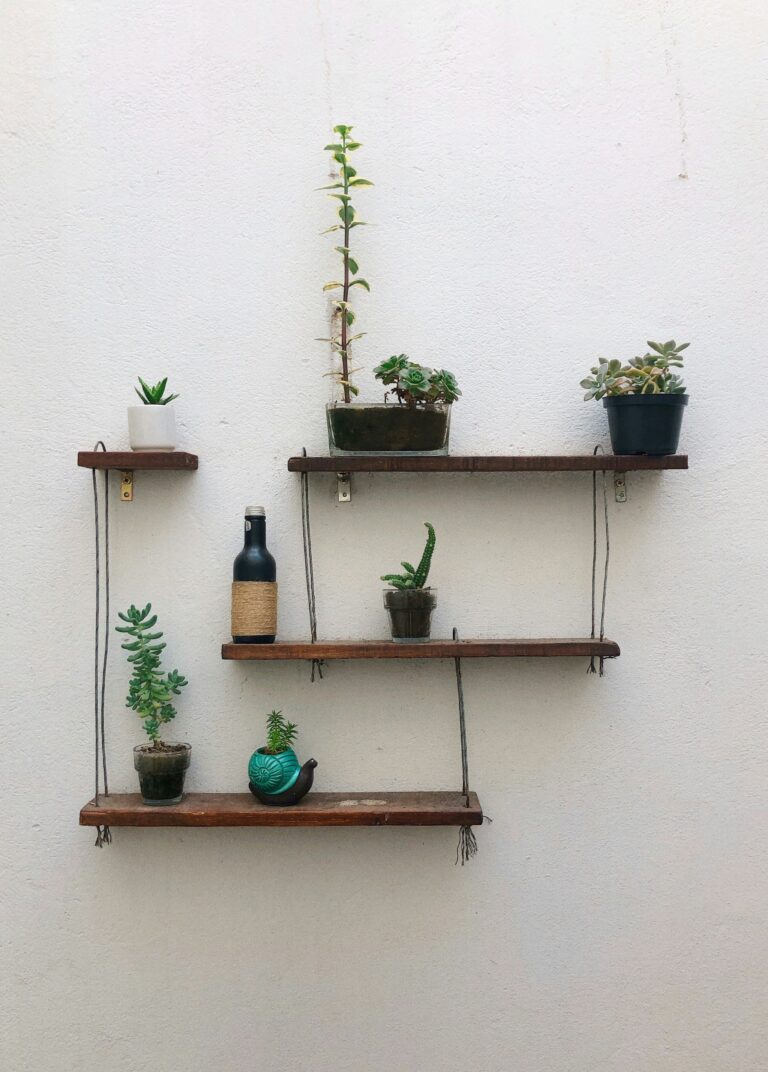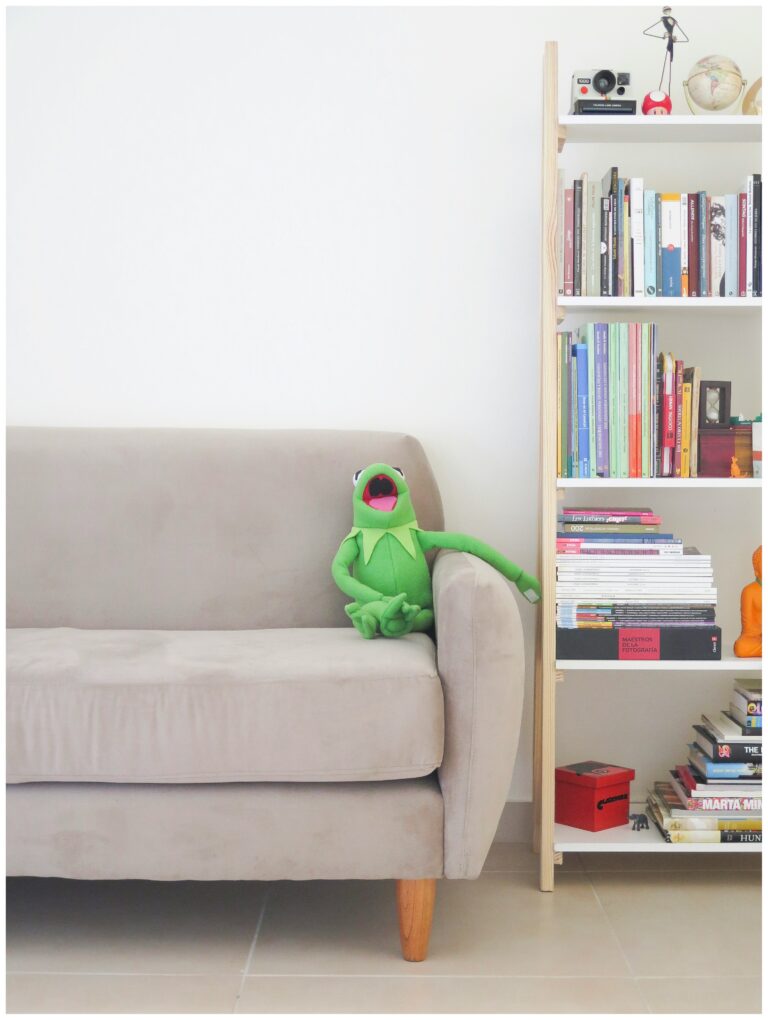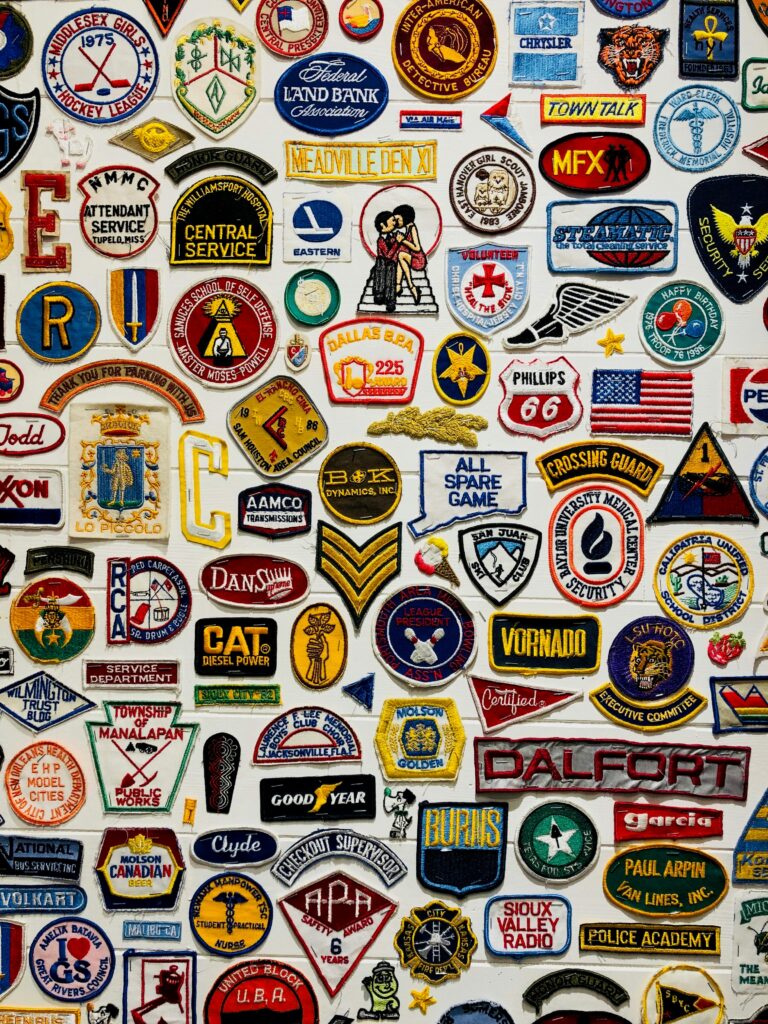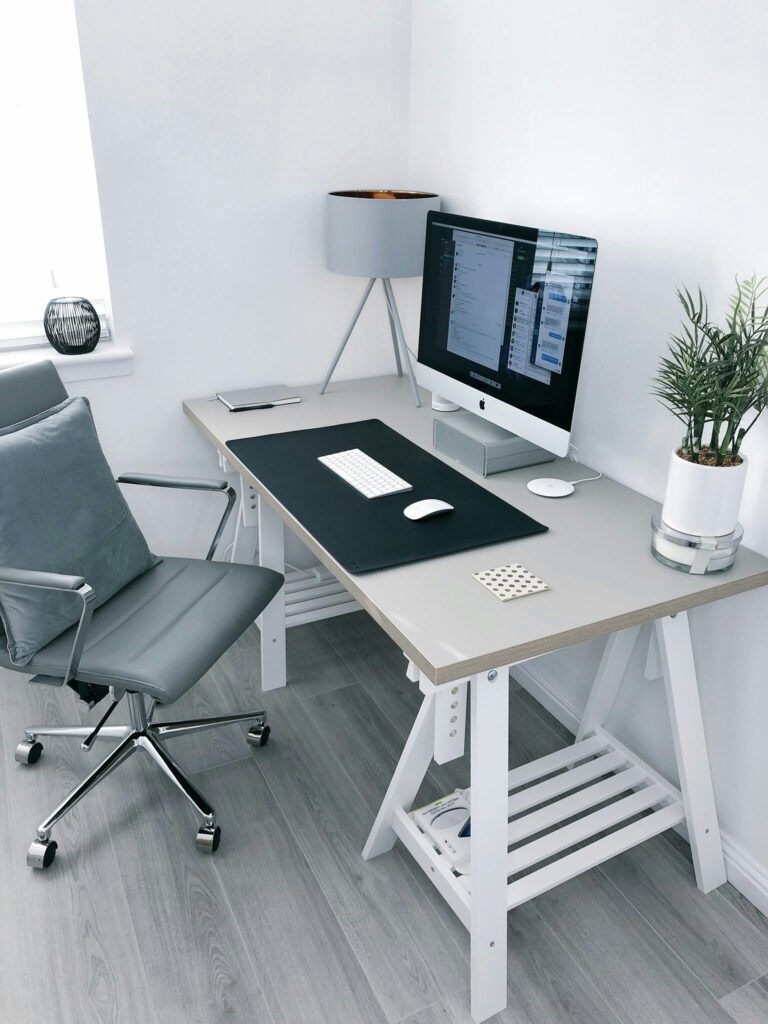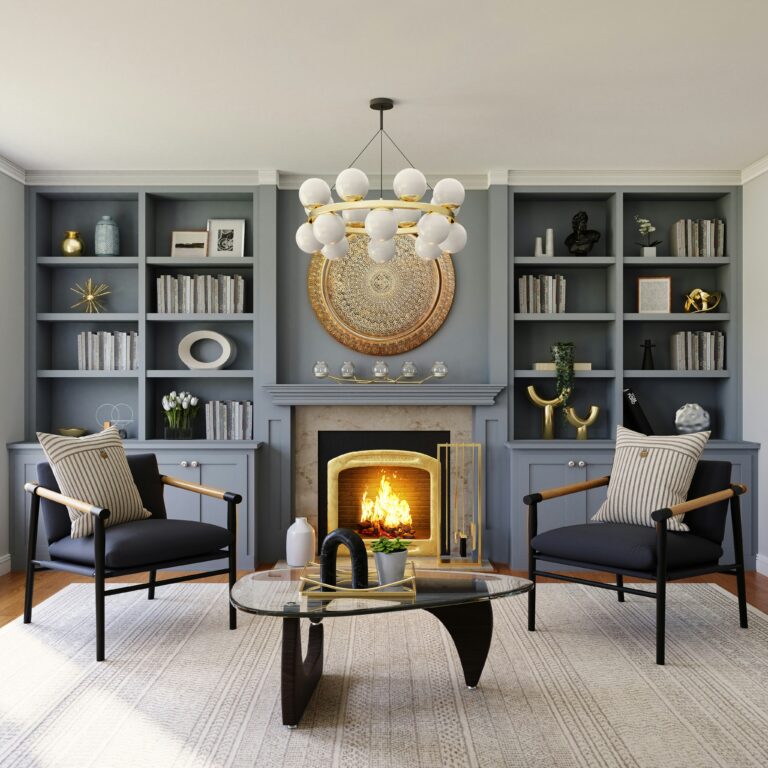The Psychology Behind Accumulating Clutter: Understanding Why We Can’t Let Go

Ever wonder why your closets are bursting at the seams?
There’s actually some interesting psychology behind why we hold onto stuff! As a professional organizer, I’ve seen firsthand how decluttering services can transform both homes and lives. As I help people sort through their home organization challenges, I notice there’s always a story behind their treasures.

Maybe it’s a cute tale about a birthday gift from years ago. Or perhaps it’s that collection they started as a kid that now… well, let’s just say it’s colonized an entire room! 😄 Let’s face it, as Americans, many of us fall into the “I need this!” trap. We get caught in the cycle of consumerism, convinced that the newest gadget will somehow revolutionize how we clean or tackle projects. (Spoiler alert: that fancy vacuum with 20 attachments isn’t going to change your life!) Clutter removal begins with understanding this psychology.
Then there’s inheritance. Someone passes down their cherished possessions, and suddenly we feel obligated to keep Great-Aunt Mildred’s collection of ceramic frogs.
But here’s a liberating thought from an experienced organization consultant: even if people leave us things, we don’t have to keep all of it, or any of it! Clutter management is a choice, just like decluttering habits are choices. And like any habit, the more you practice home decluttering, the stronger it becomes!
Sometimes other factors are at play, like mental health issues such as OCD or hoarding disorders that directly influence why people keep things. While I don’t have a PhD in psychology (though I’ve definitely earned honorary degrees in “Where Did All This Stuff Come From?”), I’ve read enough to know that mental health and organization often go hand-in-hand. In these cases, a person might need to work with a mental health professional before tackling their clutter solutions. When this happens, I can suggest great resources as part of my professional organizing services, but I know that without addressing the underlying issues, home organization isn’t the best use of anyone’s time or money.

Remember: the decluttering process isn’t like flipping a switch, it’s more like learning to dance! It starts with actually wanting to change your surroundings, not because someone else is nagging you about your “collection” of bags.
So how do we shift from pack rat to minimalist?
- Acknowledge that constantly buying things feeds the clutter cycle
- Accept that objects don’t make us happy forever (shocking, I know!)
- Understand that home organization systems mean less time cleaning and organizing
- Realize that passing along inherited items doesn’t erase memories
The math is simple: Less stuff = less maintenance = more time for fun! With fewer things to dust, organize, and maintain, you’ll have more hours to spend with friends and family or pursuing hobbies you love. By choosing to have less, you’re actually giving yourself more; more space, more time, and more peace.
A decluttered home means a more relaxed lifestyle. So, ready to kick off your decluttering journey? Your future, less-stressed self will thank you! 🙌
